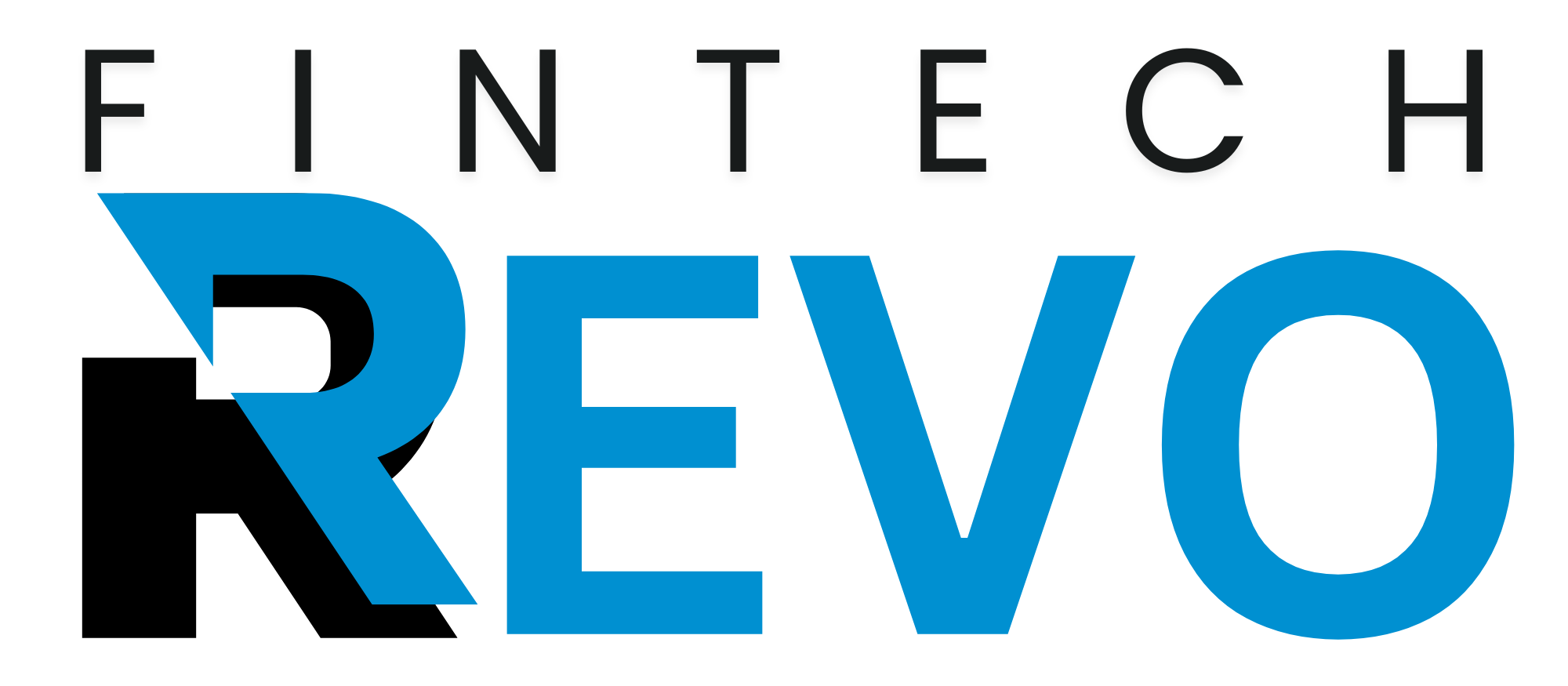Securing physical spaces is no longer just about locks and keys—it’s about technology, data, and control. Access control systems are now the backbone of modern security infrastructures, helping businesses manage who can enter, when, and where. From global enterprises to small offices, these systems integrate physical and digital layers of protection to ensure safety, compliance, and operational efficiency.
In this guide, we’ll go over the top 10 access control system providers in 2026—companies known for their reliability, innovation in hardware and software, and commitment to security standards.
10 Best Access Control Systems Companies in 2026
| Rank | Company | Headquarters | Key Strengths |
| 1 | ASSA ABLOY | Sweden | Industry leader in smart locking solutions and identity access technology |
| 2 | HID Global | United States | Specialises in credential management and secure identity access |
| 3 | Honeywell International | United States | Provides integrated access control with advanced building automation |
| 4 | Brivo | United States | Cloud-based access systems ideal for multi-site management |
| 5 | Genetec | Canada | Offers unified security systems combining video and access control |
| 6 | dormakaba Group | Switzerland | Known for mechanical and electronic access innovations |
| 7 | Kisi | United States | Delivers mobile-first, cloud-managed access for modern workplaces |
| 8 | ButterflyMX | United States | Focused on video-enabled entry and smart building access |
| 9 | Salto Systems | Spain | Recognised for wireless and keyless entry systems |
| 10 | ADT Commercial | United States | Provides tailored enterprise-level security and access control services |
ASSA ABLOY
ASSA ABLOY is widely recognised for shaping the future of door access technology. The company blends mechanical locking with digital access systems, offering solutions suitable for airports, hospitals, offices, and hotels. Its access management platforms support both on-premise and cloud configurations, allowing seamless scalability.
They also integrate with IoT-enabled sensors, providing real-time data analytics that help facilities teams optimise movement and security monitoring.
HID Global
HID Global stands at the forefront of identity and credential-based access systems. Their technology powers contactless entry, mobile access, and smart cards for enterprises worldwide. HID’s solutions are favoured in sectors like finance, healthcare, and government due to their focus on authentication, encryption, and user privacy.
Their mobile access platform allows users to unlock doors using smartphones or wearables, offering convenience without compromising security.
Honeywell International
Honeywell’s access control solutions are built to integrate with wider building management systems. Their unified platforms connect fire alarms, surveillance, HVAC, and access management into one intelligent interface. This is especially useful in large commercial buildings where multiple systems must interact seamlessly.
Honeywell’s edge lies in analytics and automation—helping facility managers monitor activity and maintain compliance effortlessly.
Brivo
Brivo has earned its place as a leader in cloud-based access management. Designed for multi-location businesses, it allows centralised control and monitoring through a single dashboard. The system supports credential-based and mobile access, as well as integrations with visitor management and surveillance systems.
Its API-first design makes it adaptable for organisations seeking custom integrations or third-party app compatibility.
Genetec
Genetec is known for its open-architecture security platform that unifies video surveillance, access management, and analytics. The company’s flagship solution, Synergis, provides real-time monitoring and role-based permissions across enterprise networks.
What sets Genetec apart is its focus on cybersecurity and data governance. Their systems are built to reduce vulnerabilities and ensure compliance with global data protection regulations.
dormakaba Group
dormakaba has a strong heritage in door and entrance control systems. The company offers both mechanical locks and electronic access management tailored for industries like hospitality, airports, and manufacturing.
Their modular solutions combine offline and online control, supporting everything from RFID cards to biometric verification. dormakaba’s reliability and engineering precision have made it a preferred choice for high-security environments.
Kisi
Kisi focuses on modern, mobile-first security. Their access control platform operates entirely on the cloud, offering flexible, app-based entry systems for offices, gyms, and coworking spaces.
Administrators can grant or revoke access remotely and receive instant audit logs for each user interaction. Kisi’s sleek hardware, paired with intuitive software, makes it particularly popular among tech startups and hybrid workplaces.
ButterflyMX
ButterflyMX brings innovation to property access with its video intercom and cloud-connected entry systems. It’s particularly known in the multifamily and commercial real estate sectors, where remote access management is essential.
Residents or employees can open doors using their smartphones, and property managers can issue or revoke access from anywhere. The system integrates video verification for an added layer of security.
Salto Systems
Salto Systems has become synonymous with keyless entry. Their wireless locks and digital credentials have transformed access for schools, hotels, and coworking environments.
Their platform supports both RFID and mobile-based access, designed for flexible scalability. Salto’s focus on sustainability and energy-efficient hardware adds another layer of appeal for organisations with green initiatives.
ADT Commercial
ADT Commercial, an extension of ADT’s trusted security brand, delivers enterprise-grade access control solutions. Their systems are used by large corporations, healthcare institutions, and retail chains that need a combination of intrusion detection, access monitoring, and emergency response capabilities.
ADT’s strength lies in integration—tying access systems with video surveillance and alarm systems for unified management. Their professional installation and support services also make them a reliable partner for long-term security needs.
What Makes a Good Access Control System?
When evaluating which system fits your needs, consider these core elements:
- Scalability: Can the system grow with your organisation?
- Integration: Does it connect easily with video surveillance, fire systems, or HR databases?
- Ease of use: Is access management simple for administrators and users alike?
- Security standards: Does it meet compliance for data protection and encryption?
- Flexibility: Can it support multiple credential types—cards, PINs, biometrics, or mobile apps?
For example, a growing enterprise might choose a cloud-first solution like Brivo or Kisi for flexibility, while an airport or hospital might rely on ASSA ABLOY or dormakaba for their robustness and reliability.
Final Thoughts
Access control technology is evolving rapidly, merging physical and digital security into a single ecosystem. The companies listed here represent the most trusted and forward-thinking providers shaping how we manage entry, identity, and safety in commercial and residential spaces.
Whether you’re looking for a fully cloud-managed solution or an on-premise enterprise-grade setup, these providers offer systems built for the next generation of security management—balancing control, convenience, and compliance.
The source of this article is FinTechRevo
Important Questions
How do cloud-based access control systems differ from traditional on-premise solutions?
Cloud-based systems allow remote management, automatic updates, and integration with mobile devices, whereas traditional setups often rely on local servers and manual configuration. This makes cloud-based access control more scalable and suitable for businesses with multiple locations or hybrid work environments.
What types of authentication methods are commonly supported by modern access control systems?
Most leading systems now support a mix of authentication options such as RFID cards, PIN codes, biometric scanners (like fingerprint or facial recognition), and mobile credentials. This multi-factor approach enhances security while maintaining convenience for authorised users.
Can access control systems integrate with other building management or security platforms?
Yes, many solutions—especially from companies like Honeywell, Genetec, and Brivo—integrate seamlessly with surveillance, fire safety, and energy management platforms. This unified setup allows central monitoring and analytics, improving both safety and operational efficiency.
What industries benefit most from adopting advanced access control technologies?
Industries that handle sensitive data or high-value assets—such as healthcare, banking, education, manufacturing, and government—benefit the most. Access systems help ensure regulatory compliance, protect confidential information, and manage restricted areas effectively.
How does mobile access enhance security and convenience in workplace environments?
Mobile credentials replace traditional keycards by allowing employees to access doors through smartphones or wearable devices. This reduces the risk of lost cards, enables instant credential updates, and supports contactless entry—ideal for flexible workspaces and multi-site organisations.






